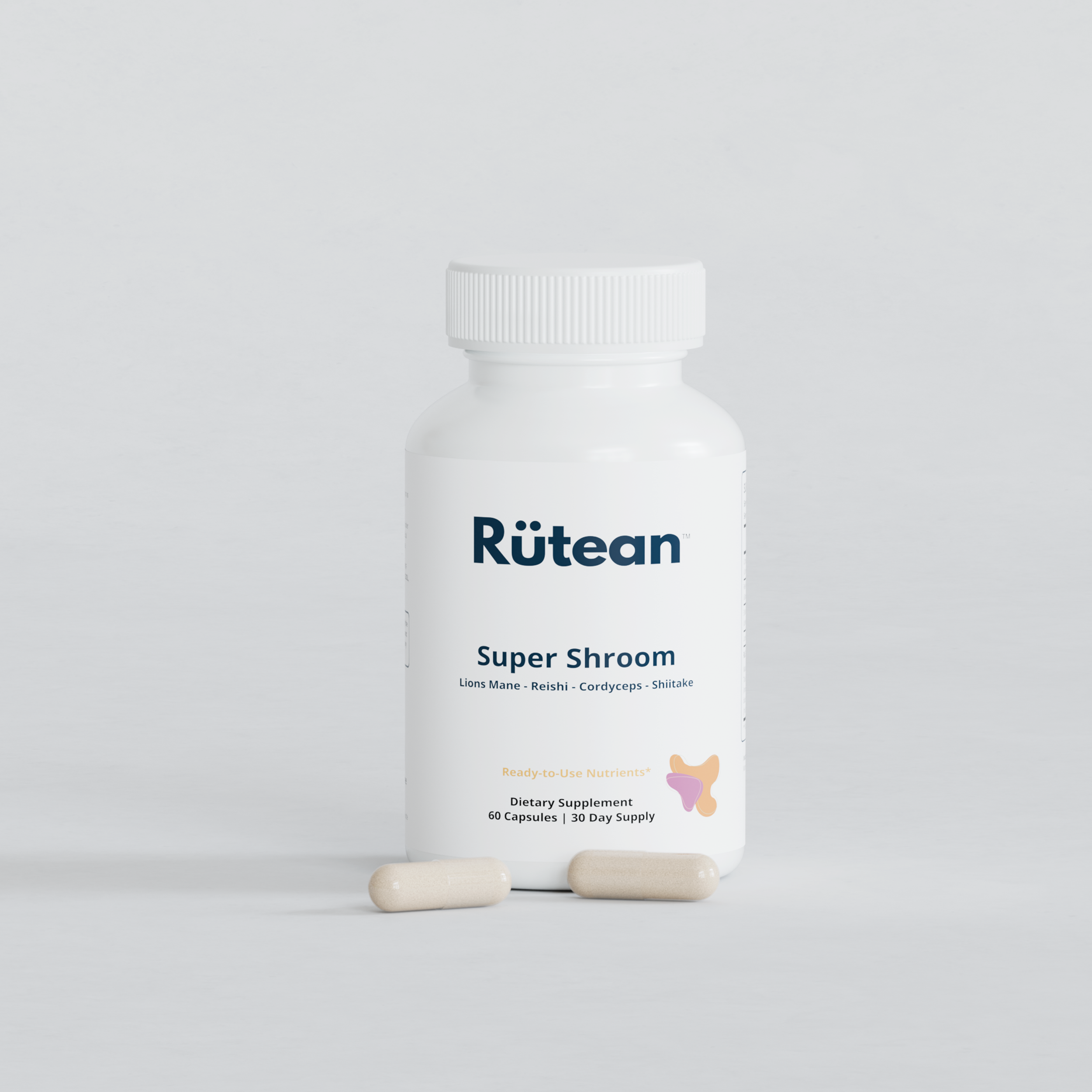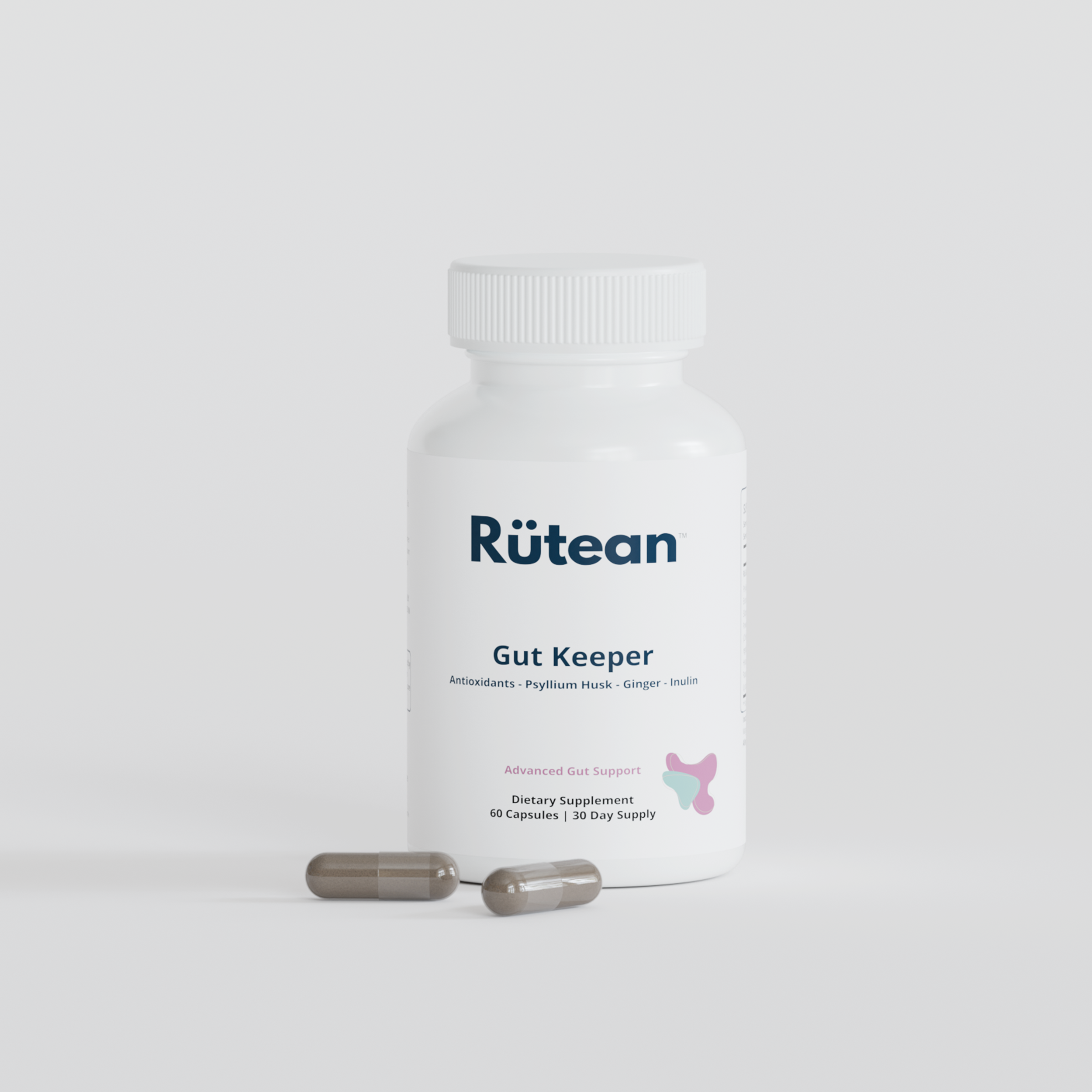Struggling with bad gut health can wreak havoc on your overall well-being. From constant bloating to irregular bowel movements, the signs of an unhealthy gut are hard to ignore. But what if you could reclaim your health with just a few lifestyle adjustments? Here's how to kick bad gut health to the curb in 7 definitive steps
Step 1: Amp Up Your Fiber Intake
Dietary fiber feeds the beneficial gut bacteria, promoting their growth and activity. Foods rich in fiber, like whole grains, legumes, fruits, and vegetables, are essential. Incorporating Psyllium Powder can be an excellent way to supplement your fiber intake. Not only does it serve as a prebiotic but it also aids in ensuring smoother bowel movements due to its bulking properties. A study in the American Journal of Clinical Nutrition found that increased fiber intake can support a balanced gut ecosystem[1].
Step 2: Stay Hydrated
Adequate hydration aids in digestion and ensures smoother bowel movements. Drinking enough water is vital for gut health. The European Journal of Nutrition reported that proper hydration levels can improve gut transit times and prevent constipation[2].
Step 3: Feast on Prebiotics
Prebiotics, non-digestible fibers, are crucial for gut health. Foods like bananas, garlic, onions, and Inulin-rich sources, boost beneficial bacteria. Inulin serves as a potent prebiotic, fostering the growth of beneficial gut bacteria. A review in the British Journal of Nutrition elucidates the role of prebiotics in gut health[3].
Step 4: Probiotics are Your Best Friend
Probiotics introduce live beneficial bacteria to the gut. Fermented foods like yogurt and sauerkraut are rich in these. A meta-analysis in the World Journal of Gastroenterology emphasizes the benefits of probiotics in gut health[4].
Step 5: Manage Your Stress
Chronic stress profoundly affects gut health. Engaging in stress-relieving practices like meditation, deep breathing exercises, or even spending time in nature can help mitigate its harmful effects on the digestive system[5].
Step 6: Get Moving
Regular physical activity benefits the gut. An article in Exercise and Sport Sciences Reviews linked exercise to a balanced gut microbiome[6].
Step 7: Prioritize Sleep
Quality sleep is vital for a range of physiological processes, including the maintenance of gut health. Establishing a regular sleep routine, ensuring a conducive sleep environment, and avoiding caffeine or screens before bedtime can promote better sleep patterns[7].
Conclusion
A healthy gut is central to overall health and well-being. By adopting these seven steps, from dietary changes to lifestyle modifications, one can ensure a balanced gut microbiome, leading to better digestion, enhanced immunity, and overall improved quality of life. It's not just about what you eat, but also how you live. Listen to your gut; it's smarter than you think!
References
1- Dahl, W. J., & Stewart, M. L. (2015). Position of the Academy of Nutrition and Dietetics: Health Implications of Dietary Fiber. American Journal of Clinical Nutrition, 102(4), 742–752.
2- Popkin, B. M., D'Anci, K. E., & Rosenberg, I. H. (2010). Water, hydration, and health. Nutrition Reviews, 68(8), 439-458.
3- Roberfroid, M., Gibson, G. R., Hoyles, L., McCartney, A. L., Rastall, R., Rowland, I., ... & Meheust, A. (2010). Prebiotic effects: metabolic and health benefits. British Journal of Nutrition, 104(S2), S1-S63.
4- McFarland, L. V., & Dublin, S. (2008). Meta-analysis of probiotics for the treatment of irritable bowel syndrome. World Journal of Gastroenterology: WJG, 14(17), 2650.
5- Bailey, M. T., Dowd, S. E., Galley, J. D., Hufnagle, A. R., Allen, R. G., & Lyte, M. (2011). Exposure to a social stressor alters the structure of the intestinal microbiota: implications for stressor-induced immunomodulation. Brain, Behavior, and Immunity, 25(3), 397-407.
6- Monda, V., Villano, I., Messina, A., Valenzano, A., Esposito, T., Moscatelli, F., ... & Cibelli, G. (2017). Exercise Modifies the Gut Microbiota with Positive Health Effects. Exercise and Sport Sciences Reviews, 45(2), 124-130
7- Anderson, J. R., Carroll, I., Azcarate-Peril, M. A., Rochette, A. D., Heinberg, L. J., Peat, C., ... & Gunstad, J. (2020). A preliminary examination of gut microbiota, sleep, and cognitive flexibility in healthy older adults. Sleep Medicine, 73, 119-128.



